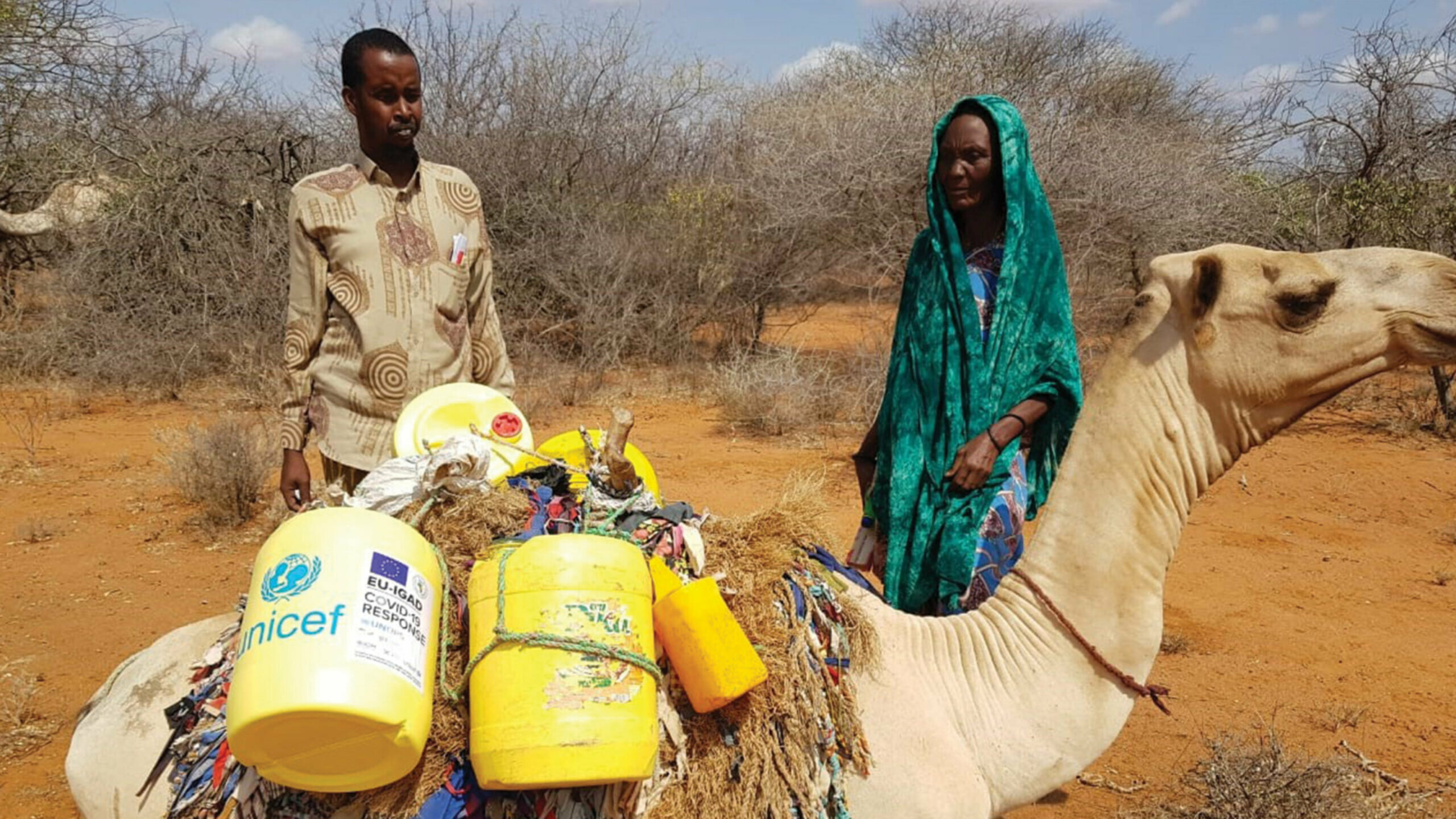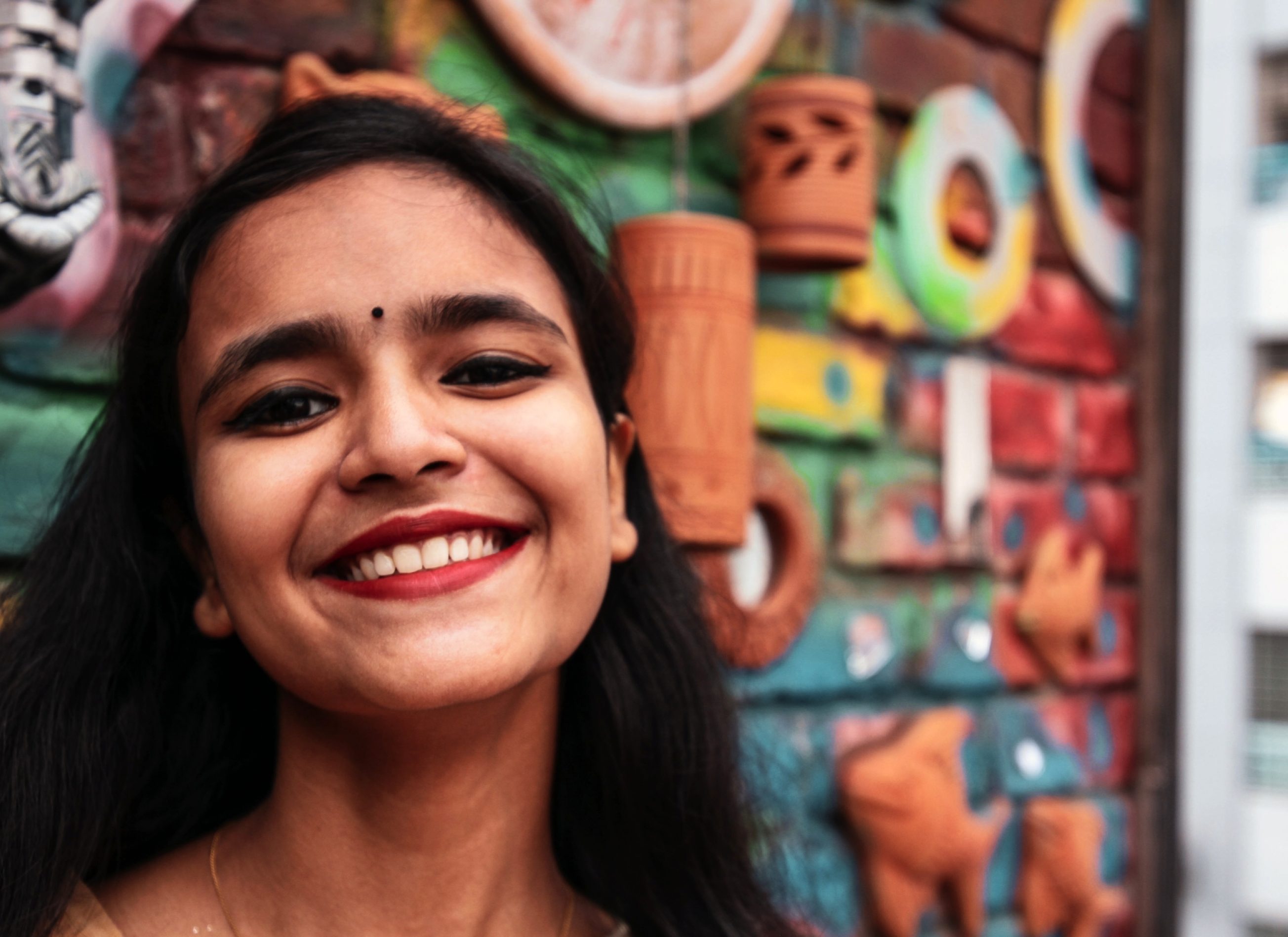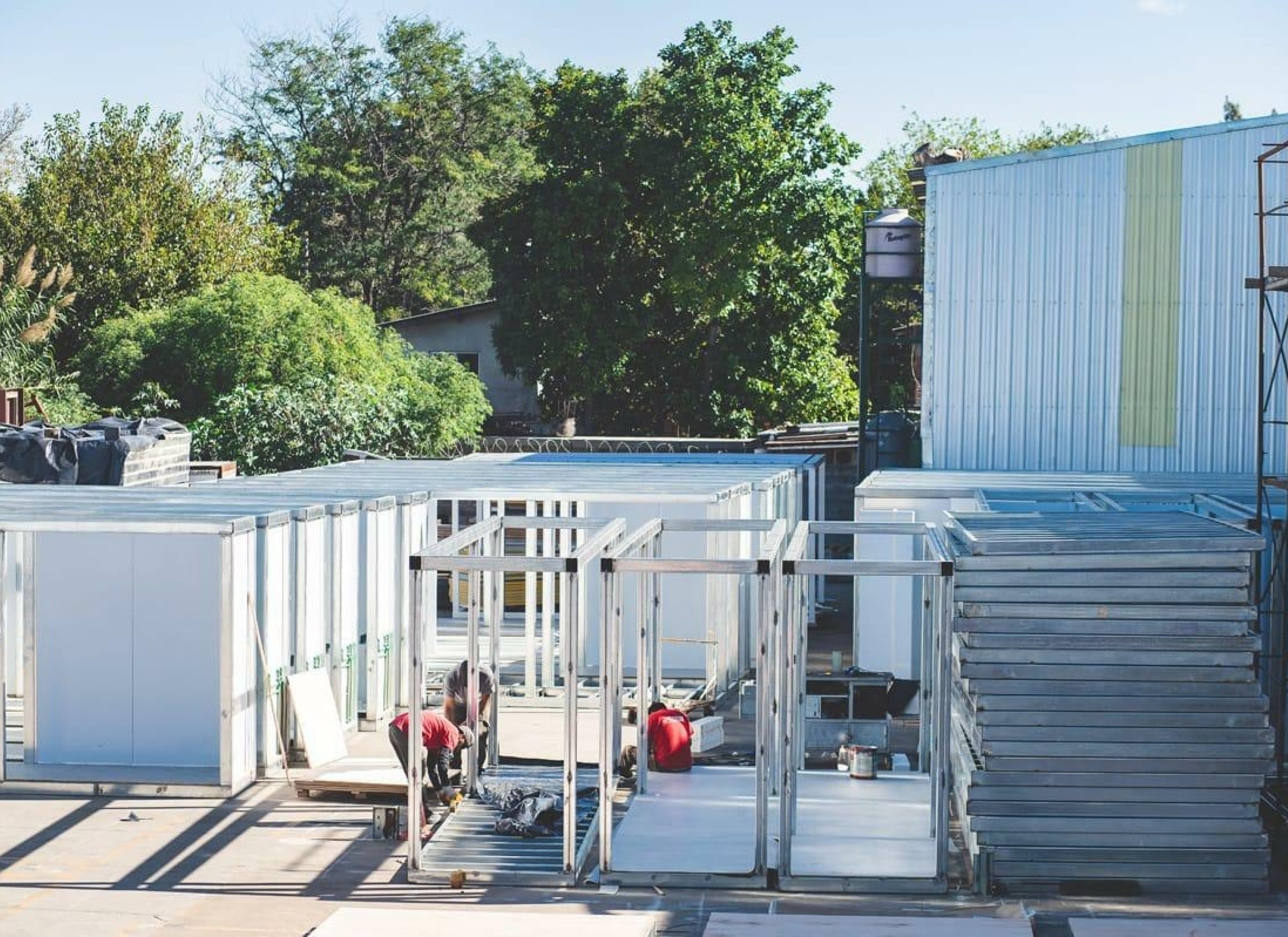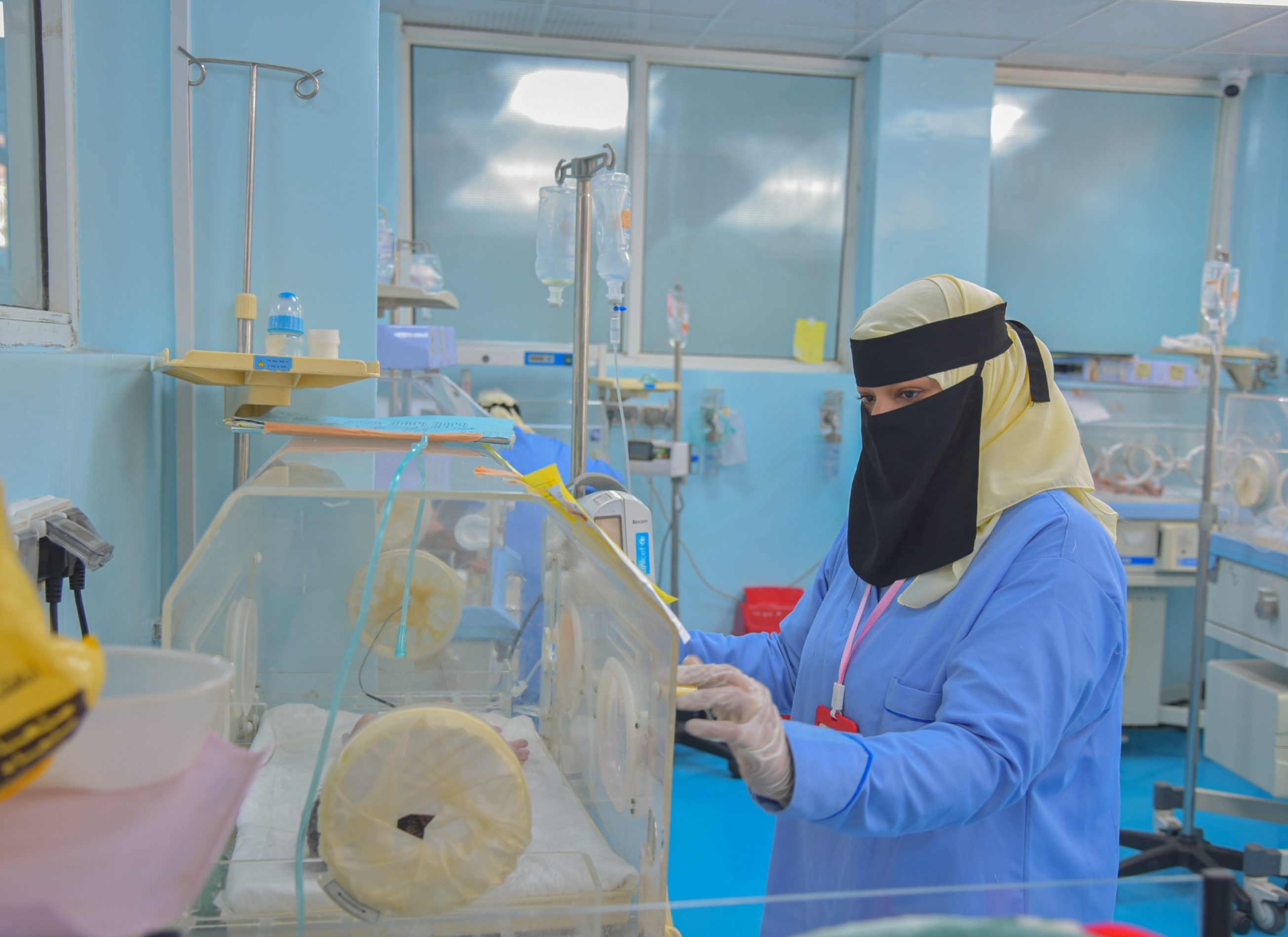Mitigating the impact of COVID-19
Across east Africa, the pandemic has strained healthcare systems and brought businesses to a grinding halt. A coordinated approach is supporting the recovery.
Frontline workers and vulnerable groups – including migrants, refugees, internally displaced persons and cross-border communities – in particular, have felt the impact.
As part of a €60 million programme funded by the European Union, UNOPS is working with IGAD, other UN organizations and the private sector to help mitigate the health and socio-economic impact of COVID-19.
This programme has been a very good example of how partners can work together and support country efforts, in particular in such extremely challenging times.

Working across 55 cross-border sites, migrant response centres and refugee centres in 7 countries, activities focus on health, water, sanitation, hygiene, risk communication and community engagement, gender-based violence and safe trade.
This includes delivering medical equipment – such as surgical masks, ambulances, mobile labs and COVID-19 test kits – to selected locations, as well as promoting digital health solutions to monitor the COVID-19 crisis.
-
+8MAlmost 8.2 million pieces of personal protective equipment distributed
-
+600Kindividuals temperature screened
-
+200KCOVID-19 test kits distributed
The lockdowns put in place due to COVID-19 could prevent commerce and trade – and lead to shortages. To ensure borders and critical supply chains are safe for trade, the programme is providing support at entry and exit points in border areas. This includes setting up quarantine and isolation facilities, delivering personal equipment protective to support border officials, and operating and maintaining migrant response centres and refugee camps.

Nearly 600,000 people – mainly women and children – are receiving necessary basic healthcare, including routine childhood vaccinations.
Almost one million people are receiving critical water, sanitation and hygiene supplies and services. And more than 3.8 million people were reached through awareness campaigns to help prevent the spread of COVID-19.

This programme contributes to saving lives, protecting and motivating frontline health workers, as well as preventing community transmission through rapid and coordinated contact tracing and isolation.
More about the programme
The programme is managed by UNOPS, funded by the European Union and coordinated by IGAD. It is implemented by the International Organization for Migration, TradeMark East Africa, UNICEF and UNOPS. The digital health solutions component is independently managed and implemented by Deutsche Gesellschaft für Internationale Zusammenarbeit (GIZ).












